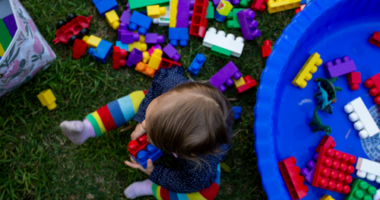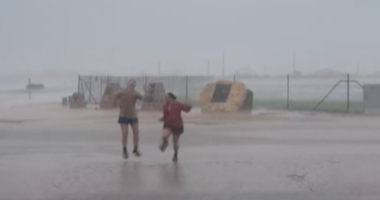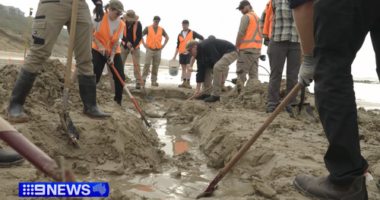Share this @internewscast.com
Exclusive Insight: For most high school students, concerns typically revolve around acing their driver’s test or preparing for the next big math exam.
However, the relentless discussion surrounding the nation’s severe housing crisis is hard to miss, and it’s capturing the attention of teenagers.

A startling revelation from the latest UNICEF State of Australia’s Children report, unveiled today, indicates that 43% of young Australians anticipate anxiety about housing and finances by 2025.
Chris shared with nine.com.au that he and his friends frequently stress over the soaring property prices in all major Australian cities.
“Entering the housing market seems utterly unattainable,” Chris remarked.
“Young people must contemplate how they can manage university expenses of $10,000 annually while still saving for a home and covering living costs,” he added.
“Those things aren’t taught in schools. Life skills should be a part of the curriculum.”
Chris is a member of Generation Z, known colloquially as Gen Z.
Recent research from the e61 Institute claims Gen Z â born between 1997 and 2012 â will likely end up being richer than their parents.
But there is a catch: this wealth will come much later in life via inheritance and wages.
UNICEF’s report found a staggering 62 per cent of children agree they will be “worse off” than their parents.
“Housing is just so much less accessible, there was more land… more ability to buy a house near the CBD,” Chris added.

He and his schoolmates believe they won’t be able to afford to live anywhere near their families.
In Brisbane, where Chris lives, the median house price is forecast to hit $1.185 million by the end of 2026.
Young Australians are being raised in suburbs they will later be priced out of – until they can inherit those homes.
“They might say all young people have it easy,” Chris said of the government and the older generations.
“That notion that young people need to work hard to get what they want is not really reflective of what the circumstances are now for young people.”
UNICEF’s report, which includes responses from over 2000 Australian kids, also found only less than a third of teens feel very “excited or hopeful” about the next five years.
Chris the sobering statistic resonates with him.
He’s not feeling too positive about the decisions the government is making about his future.
“I feel like my sentiment is reflective of most young people, particularly my peers,” Chris added.
“Most of my friends don’t really trust the government at all.”
He hopes educational and housing reforms will help steer Gen Z in the right direction.
But if the government is too “slow”, Chris is wary his peers will be left behind.














